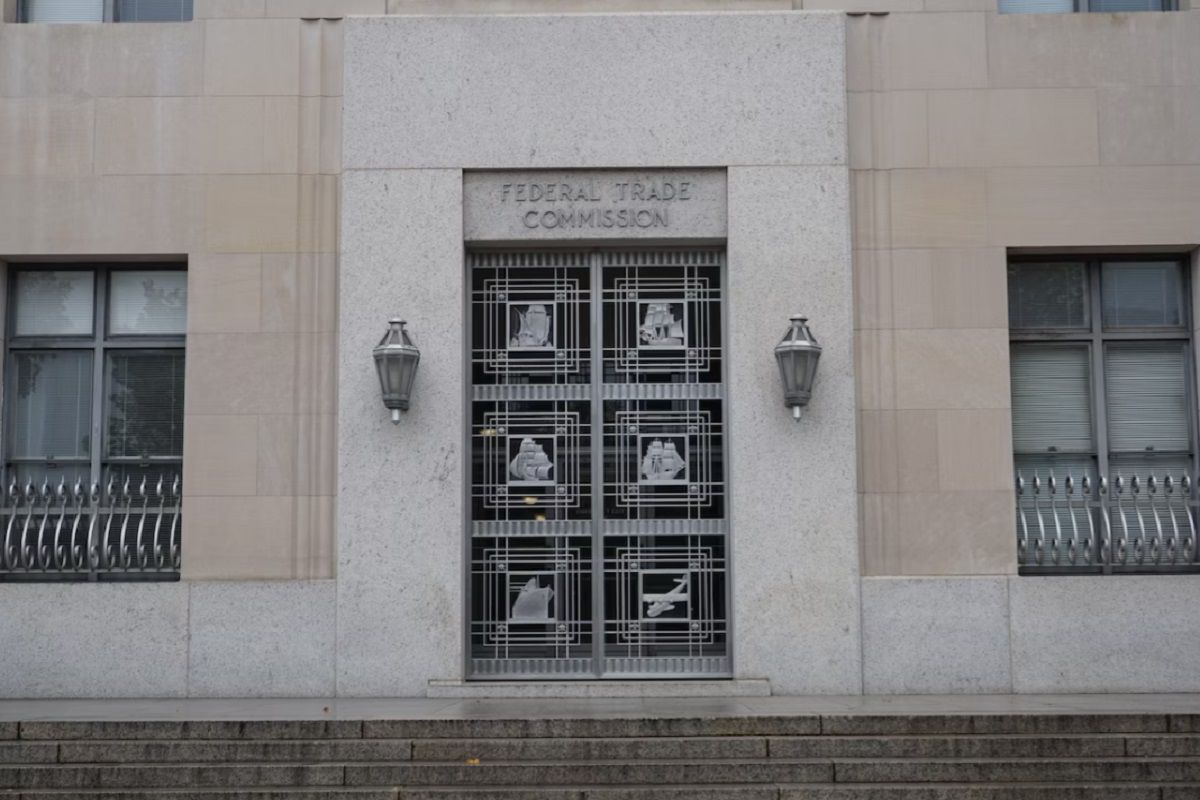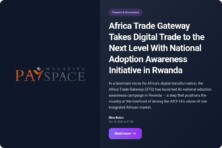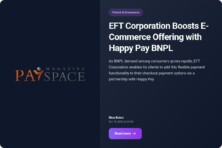The Federal Trade Commission (FTC) recalled that online trading platforms must fulfill the obligation to identify counterfeit goods.

Last Tuesday, June 20, the regulator published a notice on the new Law on Integrity, Notification, and Fairness on Online Retail Platforms, which will come into force on June 27. Also, this regulatory legal act is designated as the INFORM Consumers Act.
Samuel Levine, director of the FTC Consumer Protection Bureau, said that a new component of the system of American legislation establishes a norm according to which online markets are required to identify counterfeit goods, products that pose a security threat, and stolen goods by verifying the identity of large third-party sellers. This measure is aimed at protecting consumers. Also, online markets should make it easier to inform buyers about the suspicious commercial activity of companies that have been caught in such a thing.
Levine said that the FTC will ensure compliance with the law, using all available means, and as part of these efforts will establish cooperation with government partners. He noted that online markets will be held responsible for ignoring the new regulatory requirements.
The FTC has sent letters calling to review the Information Law and be ready to comply with the new standards to 50 online platforms. Violations of legal requirements will be qualified as non-compliance with the rules of the trade commission. This means that virtual commercial platforms that ignore the norms of the new bill will be liable in the form of a civil fine of more than 50 thousand dollars.
Some firms have already launched their programs to combat the spread of counterfeit goods. For example, in April, Amazon introduced an exchange where stores can exchange information about suppliers of counterfeit products. As part of this initiative, all industry players can identify and stop the activities of distributors of counterfeit goods who may try to use their services.
Amazon reported that last year it managed to prevent 6 million units of bogus products from entering the ecosystem. The company described the result of these efforts as some progress in curbing the flow of counterfeit goods, which in recent years has had a significant presence in online markets.
As of November last year, the global volume of trade in counterfeit products and pirated goods amounted to $500 billion. This indicator reflects the annual turnover. At the same time, many young consumers claim that they are not worried about buying a counterfeit, because saving money is a priority for them. Experts say that it is precisely this concept of consumer thinking that has become a kind of ideological foundation for the growth of retail trade. Against this background, brands such as Rolex began to invest in the authentication of their used goods.
Experts say that the trend of a thrifty use of material things and devices is likely to persist since the problem of the high cost of living continues to exist. The desire of many buyers to look beautiful and emphasize their status does not depend on whether this is the real state of their affairs or a simulation supported by those very counterfeits.
As we have reported earlier, FTC Returns $392 Million to Consumers After Law Enforcement Actions.









